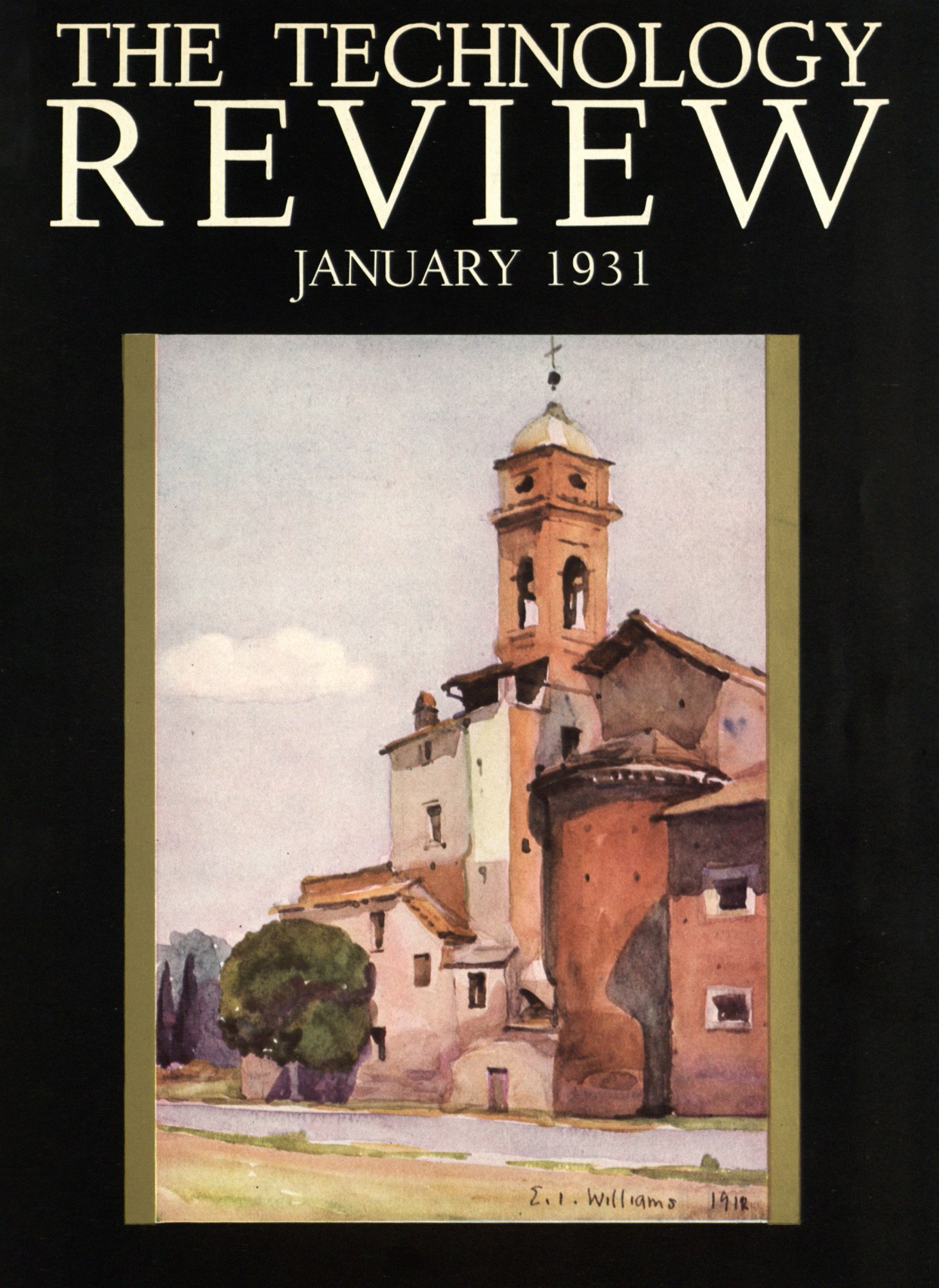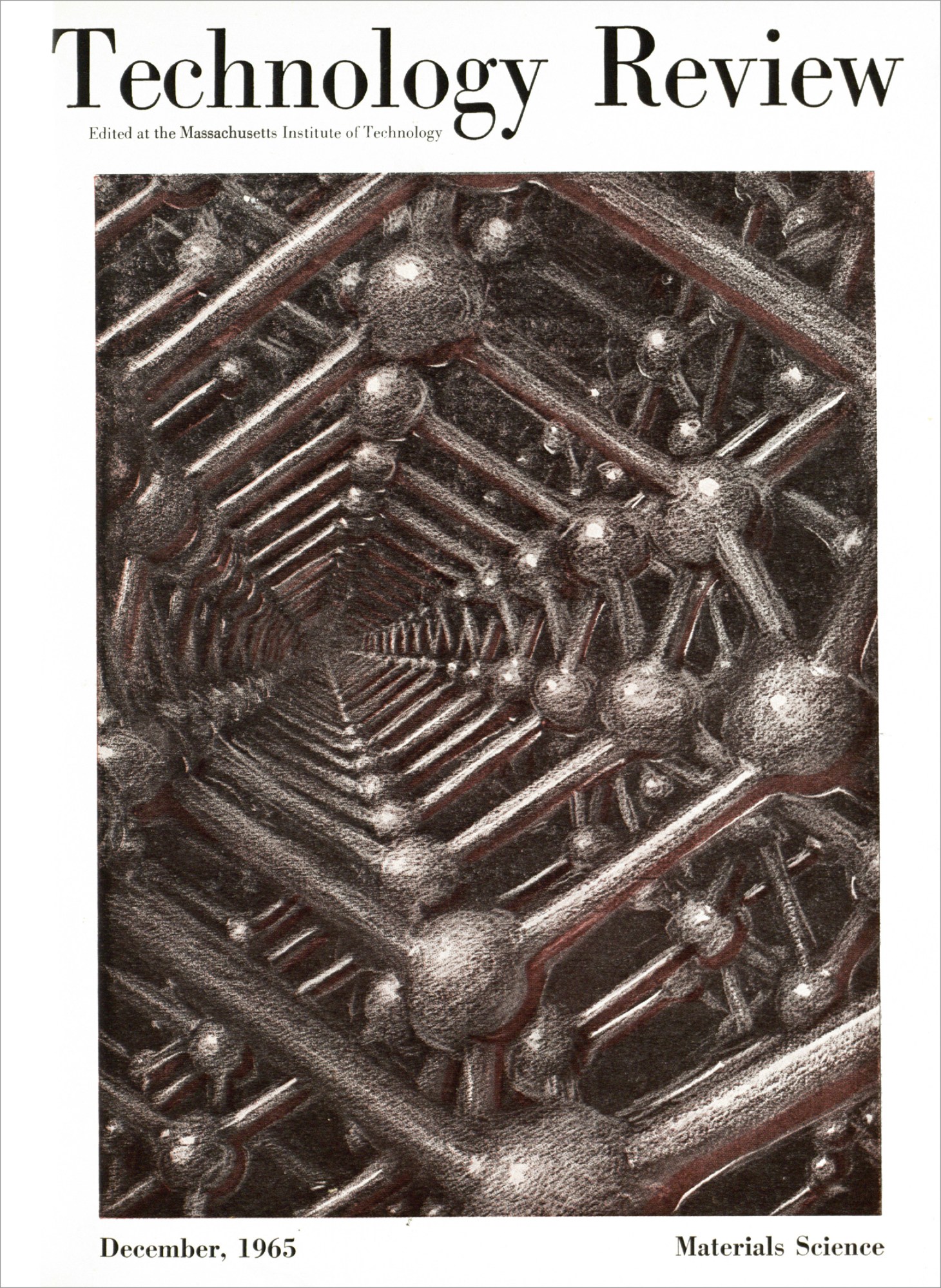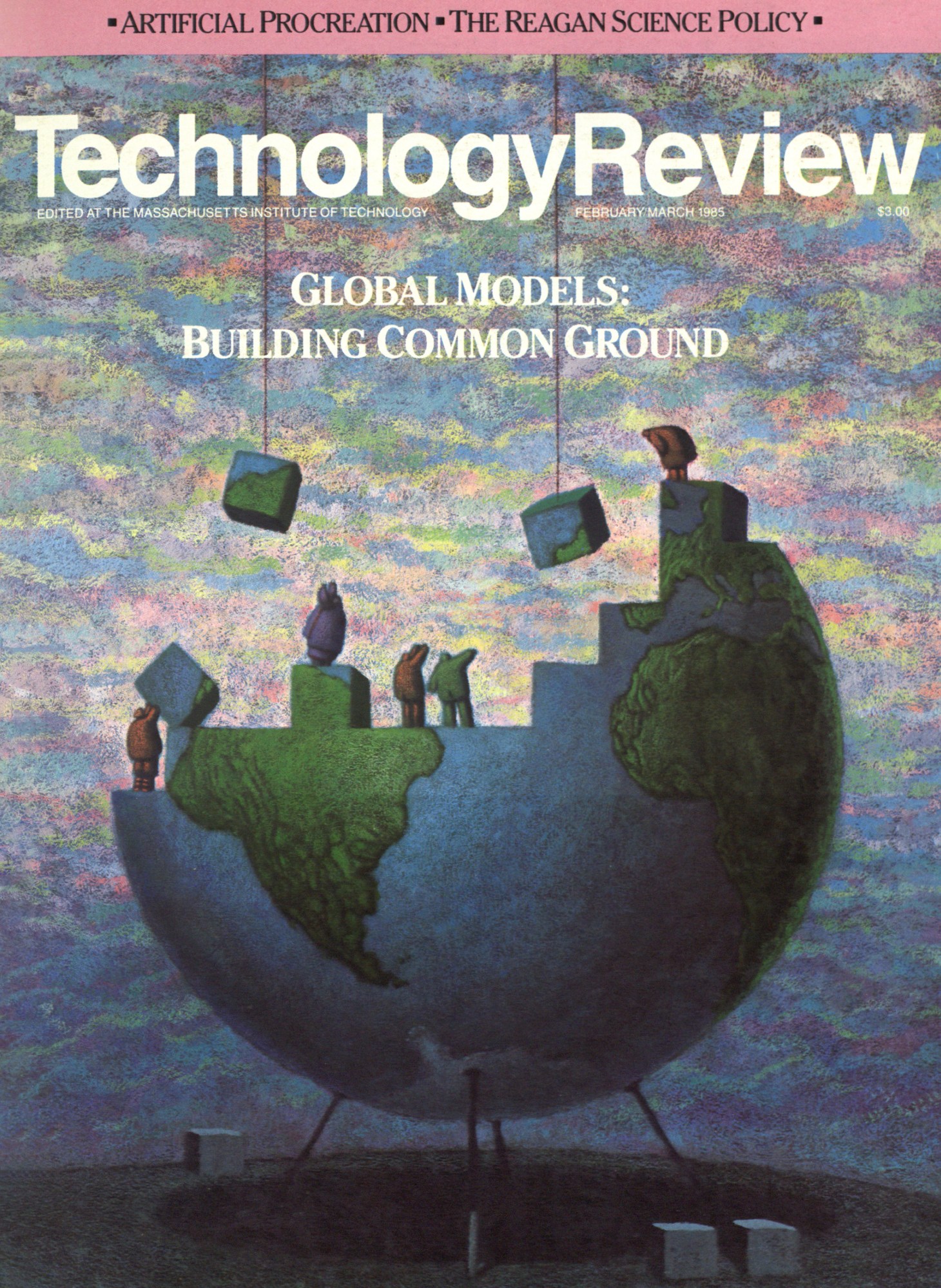From the archives: Technology and power

January 1931
From “Machine-Age Politics”: The technological drive in government has broken down historical relations between political units, just as it has changed the linkage between governors and governed. To be sure, the custom of parceling off the world and each country into little areas under separate rule continues unabated. In the United States this habit is responsible for the fierce battle always raging over states’ rights. In general it is responsible for the spirit of nationalism which so often sets the world aflame. But the cable, the railway, the radio, air mail, and their companions of iron and steel are steadily raising new questions respecting political boundaries. How far is ancient sectionalism compatible with the operating requirements of modern technology? Here is a big issue for the future to face.

December 1965
From “The Pressure of Numbers”: How can human behavior be directed into channels of concern for man to replace parochial group rivalries and hates? Clearly new patterns of thought are needed as never before to meet the crises of our time. Most of the beliefs we hold so strongly are established by accident of birth and what we learn, hit or miss, before we are seven years old. Emotionally charged prejudices are propagated from generation to generation by parental and adult authority and by the use of myths and symbols. The strongest beliefs one holds may bear little relation to the facts and realities of life as related to the common good. Irrational aspects of human behavior—chauvinistic nationalism and racial intolerance—keep us locked in patterns of conduct highly dangerous in the nuclear age, and dangerous in relation to other changes brought about by science.

February/March 1985
From “Charting the Way the World Works”: At some level nearly everyone understands how the world works, yet governments do not often operate in accordance with their understanding. While knowing that the world is an interdependent, richly varied system, we act as if it were made up of simple, separate pieces. Knowing that cooperation works better than competition, we continue to compete. Knowing that short-term results often differ from long-term ones, we go for the short-term payoff. Knowing that the environment flows through us with every drink, breath, and meal, we still think of nature as distinct from humanity. The earth is a diverse, abundant planet. However, the assumption that most pervades decision making in our era is scarcity. The reaction is to hoard and try to increase short-term production.
Deep Dive
Policy
Is there anything more fascinating than a hidden world?
Some hidden worlds--whether in space, deep in the ocean, or in the form of waves or microbes--remain stubbornly unseen. Here's how technology is being used to reveal them.
A brief, weird history of brainwashing
L. Ron Hubbard, Operation Midnight Climax, and stochastic terrorism—the race for mind control changed America forever.
What Luddites can teach us about resisting an automated future
Opposing technology isn’t antithetical to progress.
Africa’s push to regulate AI starts now
AI is expanding across the continent and new policies are taking shape. But poor digital infrastructure and regulatory bottlenecks could slow adoption.
Stay connected
Get the latest updates from
MIT Technology Review
Discover special offers, top stories, upcoming events, and more.